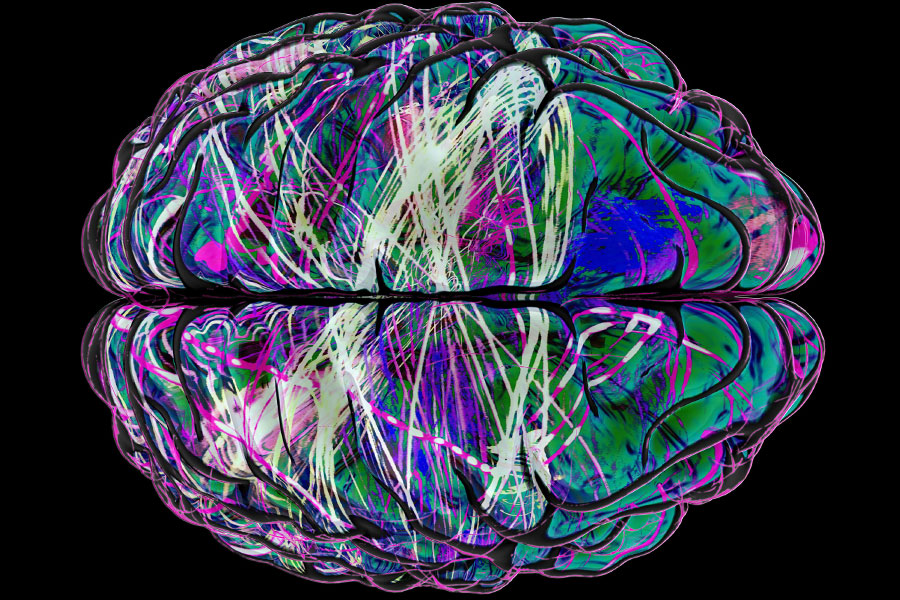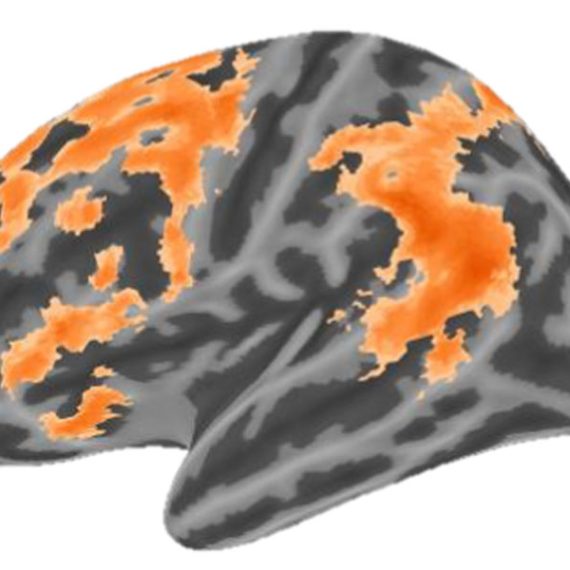Can the brain recover after paralysis?
The prospects of improvement depend on the cause of the impairment.

Why is it that motor skills can be gained after paralysis but vision cannot recover in similar ways? – Ajay, Puppala
Thank you so much for this very important question, Ajay. To answer, I asked two local experts in the field, Pawan Sinha who runs the vision research lab at MIT, and Xavier Guell, a postdoc in John Gabrieli’s lab at the McGovern Institute who also works in the ataxia unit at Massachusetts General Hospital.
“Simply stated, the prospects of improvement, whether in movement or in vision, depend on the cause of the impairment,” explains Sinha. “Often, the cause of paralysis is stroke, a reduction in blood supply to a localized part of the brain, resulting in tissue damage. Fortunately, the brain has some ability to rewire itself, allowing regions near the damaged one to take on some of the lost functionality. This rewiring manifests itself as improvements in movement abilities after an initial period of paralysis. However, if the paralysis is due to spinal-cord transection (as was the case following Christopher Reeve’s tragic injury in 1995), then prospects for improvement are diminished.”
“Turning to the domain of sight,” continues Sinha, “stroke can indeed cause vision loss. As with movement control, these losses can dissipate over time as the cortex reorganizes via rewiring. However, if the blindness is due to optic nerve transection, then the condition is likely to be permanent. It is also worth noting that many cases of blindness are due to problems in the eye itself. These include corneal opacities, cataracts and retinal damage. Some of these conditions (corneal opacities and cataracts) are eminently treatable while others (typically those associated with the retina and optic nerve) still pose challenges to medical science.”
You might be wondering what makes lesions in the eye and spinal cord hard to overcome. Some systems (the blood, skin, and intestine are good examples) contain a continuously active stem cell population in adults. These cells can divide and replenish lost cells in damaged regions. While “adult-born” neurons can arise, elements of a degenerating or damaged retina, optic nerve, or spinal cord cannot be replaced as easily lost skin cells can. There is currently a very active effort in the stem cell community to understand how we might be able to replace neurons in all cases of neuronal degeneration and injury using stem cell technologies. To further explore lesions that specifically affect the brain, and how these might lead to a different outcome in the two systems, I turned to Xavier Guell.
“It might be true that visual deficits in the population are less likely to recover when compared to motor deficits in the population. However, the scientific literature seems to indicate that our body has a similar capacity to recover from both motor and visual injuries,” explains Guell. “The reason for this apparent contradiction is that visual lesions are usually not in the cerebral cortex (but instead in other places such as the retina or the lens), while motor lesions in the cerebral cortex are more common. In fact, a large proportion of people who suffer a stroke will have damage in the motor aspects of the cerebral cortex, but no damage in the visual aspects of the cerebral cortex. Crucially, recovery of neurological functions is usually seen when lesions are in the cerebral cortex or in other parts of the cerebrum or cerebellum. In this way, while our body has a similar capacity to recover from both motor and visual injuries, motor injuries are more frequently located in the parts of our body that have a better capacity to regain function (specifically, the cerebral cortex).”
In short, some cells cannot be replaced in either system, but stem cell research provides hope there. That said, there is remarkable plasticity in the brain, so when the lesion is located there, we can see recovery with training.
Do you have a question for The Brain? Ask it here.




